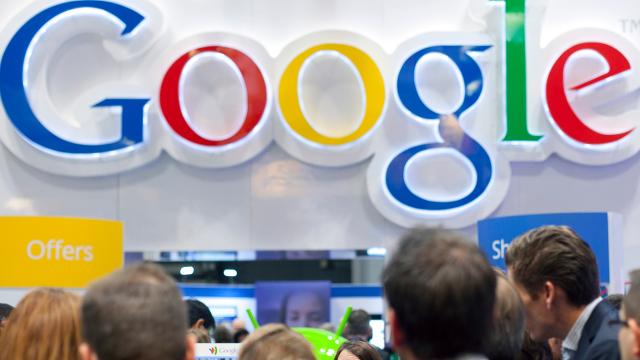Google has had a lawsuit in Illinois over its facial-recognition software thrown out, with a judge dismissing the case on the grounds that the plaintiff in the case did not suffer “concrete injuries,” Bloomberg reported on Saturday. The ruling puts to rest one of three lawsuits against major tech companies for alleged violations of the state’s Biometric Information Privacy Act (BIPA), with the Verge noting that cases against Facebook and Snapchat are still pending.
MORE: The Illinois judge in the case granted Google a summary judgment based on a lack of ‘concrete injuries’ to plaintiffs #tictocnews pic.twitter.com/b5tD1Ss82X
— TicToc by Bloomberg (@tictoc) December 29, 2018
Individuals in Illinois who believe their rights under BIPA, the nation’s strongest biometrics privacy law, have been violated can sue for damages.
Bloomberg wrote that plaintiffs in this case alleged that Google violated BIPA by collecting facial recognition data without express user consent, specifically by extracting millions of “face templates” from images uploaded to the cloud-based Google Photos service. The plaintiffs further alleged that Google scanned the faces of people who had never signed up for Google Photos, but instead simply had images of themselves uploaded there by other means. From a 2016 International Business Times article on the case:
[Plaintiff Lindabeth Rivera] claims she does not use Google Photos or even own an Android phone, thereby making her an unwitting participant in what her lawyers describe as an ambitious data-collection scheme on the part of the Mountain View, California, search giant.
“The use of facial recognition technology in the commercial context presents numerous consumer privacy concerns,” lawyers for Rivera wrote.
“Google never informed unwitting non-uses who had their face templates collected of the specific purpose and length of term for which their biometric identifiers or information would be collected, stored, and used, nor did Google obtain a written release from any of these individuals,” the plaintiffs wrote.
However, U.S. District Judge Edmond E. Chang was sceptical that the plaintiffs had proven any harm arose from the practice. A summary of the ruling obtained by Bloomberg said the case “is dismissed for lack of subject matter jurisdiction, because Plaintiffs have not alleged an injury in-fact.”
This year, Google became an active participant in trying to alter the law, which has also attracted criticism from industry players who believe most of the lawsuits it has generated impact businesses that use biometrics for justifiable employment or safety and security purposes. The tech giant supported an amendment to BIPA that would have exempted photos from the law after a separate effort by Facebook failed, Bloomberg reported in April 2018, but no further action has been taken on the proposed changes since shortly after that time, according to the state’s legislation-tracking website.
Theme park operator Six Flags is also facing a lawsuit that threatens to undermine BIPA by redefining the nature of violations to only include incidents involving harm (such as data breaches or unauthorised release of biometric information). The plaintiff in that case alleged the company fingerprinted her son, a minor, without obtaining her permission first; the case is still making its way through the Illinois Supreme Court.
